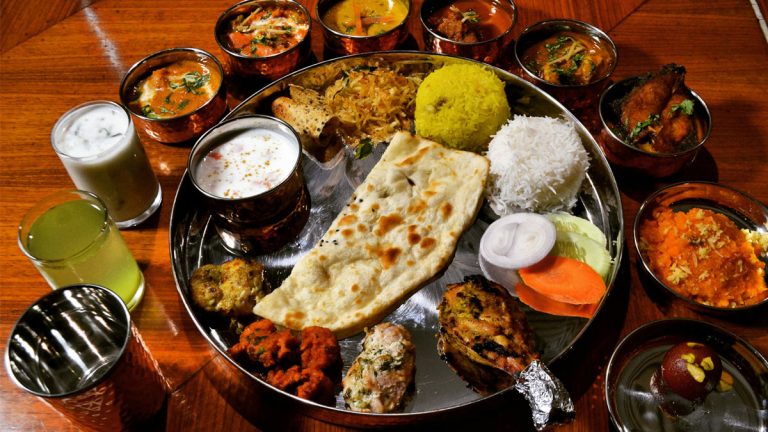The Rich Brew: Unveiling the Elegance of Arabica Coffee
Introduction:
Arabica Coffee, often hailed as the epitome of fine coffee, has captured the hearts and palates of coffee enthusiasts worldwide. Renowned for its superior flavor, aroma, and smoothness, Arabica beans dominate the global coffee market, representing a pinnacle of coffee cultivation and craftsmanship. In this exploration, we delve into the origins, characteristics, cultivation methods, and global significance of Arabica coffee, unraveling the secrets behind its allure and prominence.
1. Origins and Heritage:
Arabica coffee traces its roots back to the misty highlands of Ethiopia, where legend has it that a goat herder named Kaldi first discovered the stimulating effects of coffee beans. The cultivation of Arabica spread from Ethiopia to the Arabian Peninsula, where it thrived in the fertile soils and temperate climates. Arabica coffee plants (Coffea arabica) are characterized by their delicate nature, requiring specific conditions for optimal growth. Unlike their robusta counterparts, Arabica plants flourish at higher elevations, in shade, and with consistent rainfall, fostering the development of nuanced flavors and aromas.
2. Flavor Profile and Complexity:
One of the distinguishing features of Arabica coffee is its remarkable flavor profile, celebrated for its complexity and depth. Arabica beans are prized for their balanced acidity, which lends brightness to the cup without overwhelming bitterness. The flavor spectrum of Arabica coffee encompasses a wide range, from fruity and floral notes to hints of chocolate, caramel, and spices. This diversity is attributed to various factors, including the terroir, altitude, soil composition, and processing methods employed by coffee producers. The delicate flavors of Arabica coffee are best appreciated when brewed using methods that preserve its intrinsic qualities, such as pour-over, French press, or espresso.
3. Cultivation and Sustainability:
Arabica coffee cultivation demands meticulous attention to detail and a commitment to sustainable practices to ensure both quality and environmental stewardship. Smallholder farmers and plantation estates cultivate Arabica coffee in regions known as the “coffee belt,” which encircles the equator and encompasses countries like Colombia, Brazil, Ethiopia, and Kenya. These farmers employ traditional methods, such as shade-grown cultivation and organic farming techniques, to maintain the ecological balance of their coffee ecosystems. Sustainable practices not only safeguard the biodiversity of coffee-growing regions but also contribute to the resilience of Arabica plants in the face of climate change and disease outbreaks.
4. Economic Importance and Global Trade:
The global coffee industry revolves around Arabica beans, which command premium prices in the market due to their superior quality and flavor. Arabica coffee accounts for a significant portion of coffee exports from producing countries. Generating vital revenue streams and livelihoods for millions of people worldwide. However, the coffee trade is often marked by inequalities. With smallholder farmers facing challenges such as price volatility, limited access to resources, and exploitative practices within the supply chain. Initiatives promoting fair trade and direct trade aim to empower coffee producers. By ensuring fair prices, transparent relationships, and investments in community development projects.
5. Future Prospects and Challenges:
As the demand for specialty coffee continues to rise, Arabica coffee occupies a central role in shaping the future of the coffee industry. However, this trajectory is not without its challenges, as climate change poses a significant threat to coffee cultivation worldwide. Rising temperatures, erratic weather patterns, and the proliferation of pests and diseases jeopardize the viability of. Arabica coffee production in many regions. To mitigate these risks, stakeholders must prioritize adaptation strategies. Invest in resilient coffee varieties, and support farmers in adopting sustainable agricultural practices. By fostering resilience and innovation, the coffee industry can safeguard the legacy of Arabica coffee for generations to come.
Conclusion:
Arabica coffee stands as a testament to the artistry and craftsmanship embedded in the world of coffee. From its humble origins in Ethiopia to its global prominence today. Arabica coffee continues to captivate coffee lovers with its exquisite flavors, rich heritage, and economic significance. As we savor each cup of Arabica coffee, let us also reflect on the importance of sustainable practices. Equitable trade, and collective efforts to preserve the future of this cherished beverage. In every sip, we taste not just the essence of coffee but also the stories of the communities and landscapes that nurture its growth.
Keep an eye for more latest news & updates on Discover Tribune!






